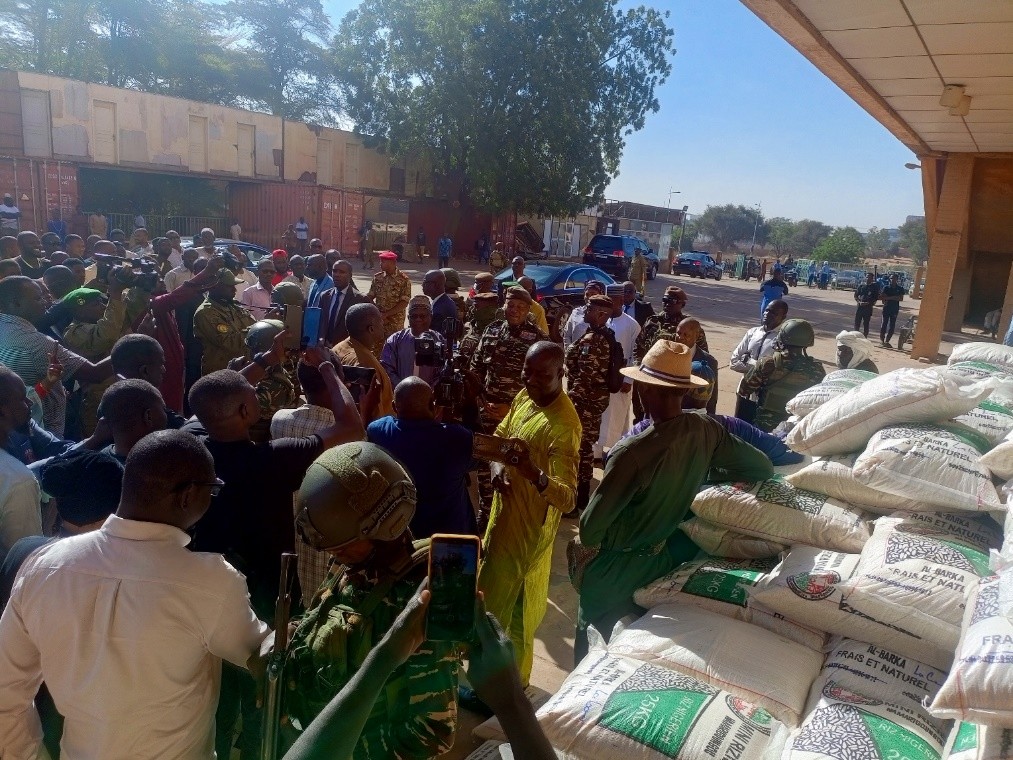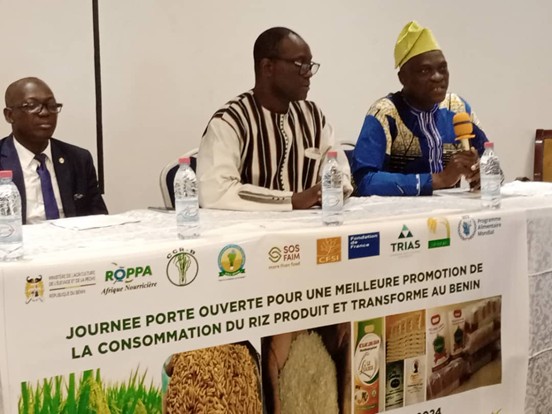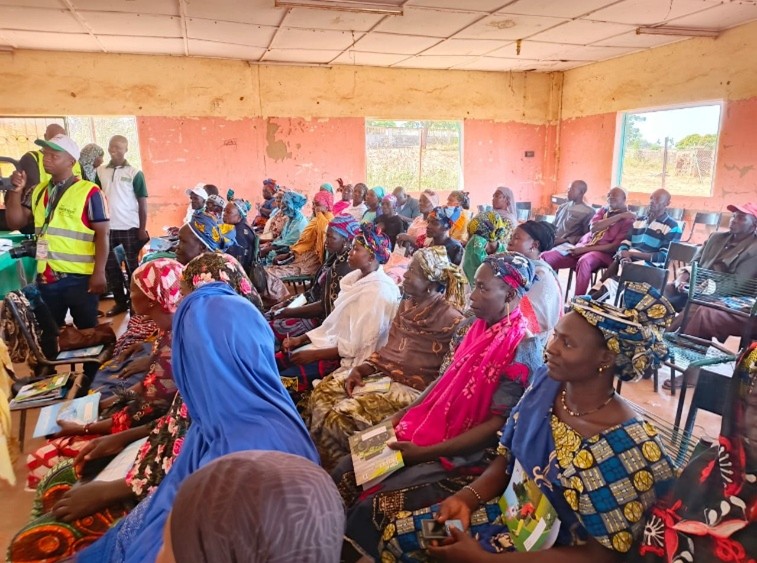Zoom
Citizen mobilization
Agricultural finance
Rights
Agriculture
- Rice Farming: Moving Toward a Coordinated Sub-Regional Approach?

Rice Farming: Moving Toward a Coordinated Sub-Regional Approach?
Agriculture is a fundamental pillar of socio-economic development in West Africa, making a significant contribution to food security and the fight against poverty. Rice-growing in particular occupies a strategic position due to its role in feeding the population as the 2nd most highly consumed grain, and in creating local economic opportunities. A staple food for many West African households, rice is a key product in regional agricultural policies, such as the African Union’s agricultural policy and the ECOWAS Agricultural Policy (Rice Offensive).
In West Africa, 62% of needs are covered by sub-regional production. One of the main challenges of political initiatives is to improve this rate in order to reduce dependence on imported rice. This requires: secure access to production factors; efficient, competitive and fair supply chains for all players, especially family farms; improved infrastructure, especially for processing and irrigation; and the adoption of modern farming techniques, as well as seeds adapted to climatic conditions.
CRCOPR - An important link in the recognition of West African rice farmers - Organization of a farmers' caravan in Mali
The Cadre Régional de Concertation des Organisations de Producteurs de Riz d’Afrique de l’Ouest (CRCOPR) is developing a number of actions to ensure greater participation by rice farmers in political processes. The CRCOPR, of which the national platforms are members, is a recognized and essential player in the various concertation forums for the development of the rice sectors in West Africa, in particular when it comes to defending the interests of rice farmers.
From November 11 to 16, 2024, CRCOPR organized the 6th edition of the Caravane Paysanne, in Mali, with the aim of informing and raising awareness among rice growers about the major issues and challenges linked to the development of the rice sector, and gathering their concerns to address to decision-makers. The caravan covered more than 1,600 km, crossing 4 administrative regions and 5 production basins, and meeting some 350 producers and representatives of traditional and political authorities.


National rice-farming campaigning days
Among the multitude of activities developed by national platforms, 2 events in which SOS Faim took part stand out, both for their scale and for the space they provided for dialogue and media coverage:
The Fédération des Unions de Coopératives de Producteurs de Riz du Niger (The Federation of Rice Producers’ Cooperatives of Niger) (FUCOPRI) organise rice promotion days. The event brought together 600 participants and 3,000 visitors, including national authorities, to promote the efforts made and the challenges facing the sector. Two advocacy debates were organised on the effects of producers’ lack of involvement in the implementation of political programmes, and good governance in cooperatives and processing companies. These days were also an opportunity to publicize the commitments made by the various players, and in particular those of the Nigerien government, to the development of the sector.
A month earlier, the Conseil de Concertation des Riziculteurs du Bénin (Benin Rice Farmers’ Consultative Council) (CCR-B) organised a day to promote Beninese rice. The aim of the event was to raise the profile of the Beninese rice industry in the eyes of the general public, with particular emphasis on agro-ecologically produced rice, and to call for greater support from stakeholders for the sustainable development of the industry. The debates addressed challenges relating to the mobilisation of raw materials, rice quality and the transparency of purchasing processes. Suggestions were put forward for improving the competitiveness of Beninese rice, in particular by funding research. The commitments made by the ministerial representatives paved the way for stakeholders to call for greater political support.
A coordinated response at different levels to improve regional rice production is all the more important given the new challenges it faces today, such as adapting practices and territories to climate change, emerging tensions between states in the sub-region that could impact trade relations within the West African region, and growing demographics.
